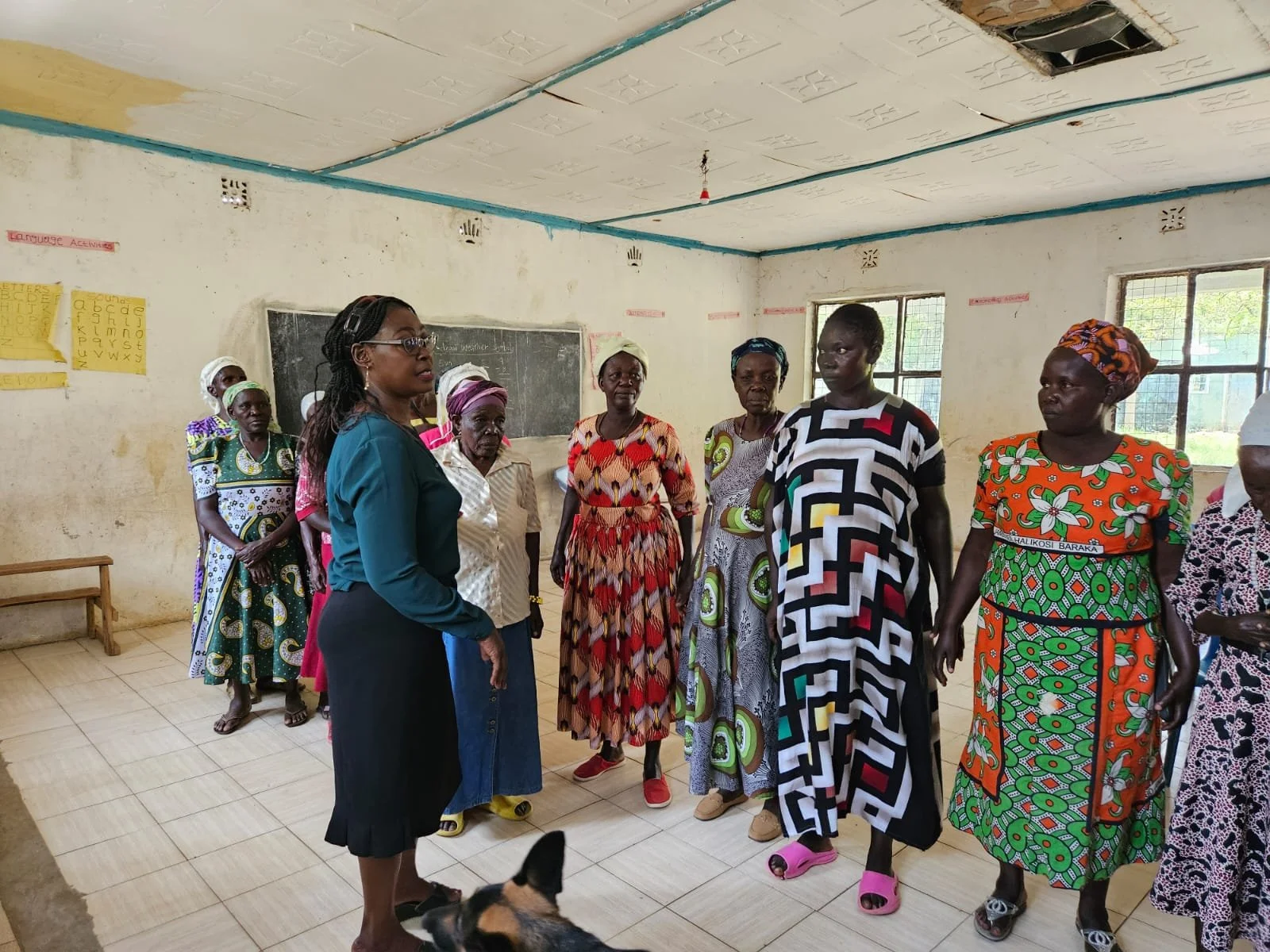Empowering Women and Families Through Community Health Initiatives
Across Western Kenya, women are emerging as the central force in strengthening family health and driving community transformation. In both rural villages and small towns, women are often the first to recognize the signs of illness, the primary caregivers to children and elders, and the ones who ensure that families access food, water, and medicine. In recent years, community-based organizations (CBOs), local health departments, and faith-led initiatives have begun to recognize the critical role women play in health outcomes—and are building programs that equip and empower them to lead.
Community Health at the Household Level
In many rural areas, the journey to a clinic can take hours, and healthcare costs are often out of reach for low-income households. As a result, preventable conditions such as malaria, maternal complications, and waterborne diseases remain persistent threats. The need for affordable, accessible healthcare has led to the rise of community health programs that operate at the household level. These programs bring care closer to families and equip women with the knowledge and tools to prevent disease, recognize early warning signs, and respond effectively when emergencies arise.
Community Health Volunteers (CHVs), many of whom are women themselves, are at the heart of this transformation. They visit homes, track health indicators, and educate families about sanitation, nutrition, and maternal care. Their presence ensures that families who might otherwise never visit a clinic receive consistent support and follow-up. Beyond their medical role, CHVs serve as trusted voices in their communities—bridging the gap between formal healthcare systems and local cultural practices. Through continued training and collaboration with health facilities, they are becoming invaluable advocates for women’s and children’s health across the region.
Maternal Health and Safe Deliveries
One of the most transformative aspects of these initiatives is their focus on maternal and child health. In Western Kenya, maternal mortality rates have historically been high due to limited access to skilled birth attendants and emergency care. CBOs are working to change that by training traditional birth attendants in safe delivery practices, promoting antenatal care visits, and ensuring that women have reliable transportation options when complications arise.
Health education sessions in markets, churches, and women’s groups are helping expectant mothers understand the importance of prenatal vitamins, balanced diets, and postnatal checkups. These seemingly small interventions are saving lives every day. Through consistent outreach and collaboration with local clinics, more women are giving birth under skilled care, and infant mortality rates are beginning to decline.
Nutrition, Food Security, and Economic Empowerment
Nutrition education has become a cornerstone of women’s empowerment in health. Malnutrition affects not only children but also pregnant and nursing mothers. Programs encouraging kitchen gardens, crop diversification, and food preservation techniques are allowing families to improve their diets and reduce dependency on external aid. Women-led cooperatives are forming around small-scale agricultural projects that combine food production with income generation. In some communities, women’s groups have partnered with local schools to provide lunch programs using produce from their gardens—improving both health and educational outcomes.
Economic empowerment also plays an essential role in improving health. Women who gain income-generating skills are better able to afford medical care and nutritious food for their families. Microfinance programs and cooperative savings groups are giving women access to capital for starting small businesses, including those connected to healthcare such as producing reusable sanitary pads, herbal medicines, or nutritional supplements. These efforts not only strengthen household stability but also elevate women’s social standing, allowing them to influence decision-making within their families and communities.
Breaking Barriers Through Health Education
Education on reproductive and family health has been another area of significant progress. In the past, topics like family planning or menstrual hygiene were considered taboo in many rural settings. Through the work of CBOs and faith-based partners, attitudes are gradually changing. Public workshops and school programs are opening up space for honest conversations about reproductive health, teenage pregnancy, and gender equality. By normalizing these discussions, communities are fostering environments where women and girls can make informed choices about their bodies and futures.
Despite these strides, challenges persist. Limited infrastructure, shortages of medical supplies, and cultural resistance to certain health interventions continue to hinder progress. Many health facilities remain understaffed, and transportation barriers make emergency referrals difficult. Yet, even in these conditions, local women continue to innovate and adapt. Whether through informal caregiving networks, savings groups, or community outreach teams, they are finding ways to sustain their families and support one another in times of need.
The Future of Women-Led Health Initiatives
The growing network of women-centered community health programs across Western Kenya demonstrates that sustainable change often begins from the ground up. By equipping women with health knowledge, economic opportunities, and leadership roles, communities are building resilience that extends far beyond medicine. Healthier women mean healthier children, stronger families, and more stable villages.
As the region looks toward future development—including new medical clinics and health infrastructure—recognizing and investing in the leadership of women will remain essential to lasting progress. These grassroots efforts represent more than temporary aid; they reflect a shift toward self-sufficiency and shared responsibility. When women are empowered to lead in health, entire communities thrive. The future of healthcare in Western Kenya may not rest solely in hospitals or government programs, but in the collective strength of women working together to protect and sustain the lives around them.
By The Goshen Journal
Goshen Global Alliance | Community Education Division

